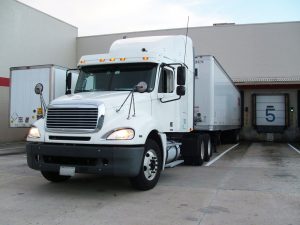A new law intended to make it harder for companies to misclassify workers as independent contractors rather than employees has been the source of much controversy and litigation – even though it doesn’t take place for another week. 
Los Angeles employment lawyers know that while AB5 has a fair amount of detractors among mega-corporations like Uber (largely the kind of worker relationship model the law intended to target), small businesses that use freelance independent contractors are likely to be impacted too.
The designation of independent contractor has become a store point for lawmakers and labor advocates who argue many of these workers are doing jobs that should count them as employees, entitling them to certain valuable benefits like minimum wages, overtime, sick pay, workers’ compensation insurance if they’re hurt on the job or unemployment insurance if they’re suddenly laid off. Freedom from the responsibility of having to pay these expenses has proven an attractive prospect for many employers. But their designation isn’t the last say. It can be challenged – and increasingly is – since last year’s Dynamex decision by the California Supreme Court and now AB5, both of which strengthen worker protections and make it more difficult for companies to claim workers are independent contractors as opposed to employees. Continue Reading ›
 Orange County Employment Lawyers Blog
Orange County Employment Lawyers Blog










